Can you tell us a bit about your ‘backstory’ and how you got started?
I started off at General Electric in 1978 as a marketing associate, and later as a group project manager. During my time there I learned a lot about marketing, brand management, and sales.
Next, I went to Philips Lighting Company, which at the time had bought Westinghouse light bulbs, and they were trying to establish their brand. The general manager of North America for General Electric was now at Phillips, I was recruited by him as the Director of Marketing to start growing share with the new Philips brand.
In my next role, I became a vice president of marketing and sales at a company called Aeroquip/Vickers, and I spent five years there learning quality disciplines. For instance, I became both a master black belt and lean sensei after going through different training curricula to be certified in both. During my time at Aeroquip/Vickers, the training I received in lean sigma allowed me to see the tremendous waste that exists in all businesses.
I ultimately took that skillset with me to Tenneco and over the next three years, I was able to demonstrate very good performance in the factories that I had in North America. After about three years at Tenneco, I became the CEO in 1999. I spent six and a half years in that role and under my leadership, we set many records. Some of those awards include; the top shareholder pick for three years in a row, as chosen by PWC and the Gabelli Automotive Symposium.
After Tenneco, I was recruited to Hertz, where I spent a total of eight years there as the company’s Chairman and CEO. During my time there we experienced a challenging recession — around 2008, 2009. Shortly after I got there, Hertz was highly leveraged and we were breaching bank covenants. I was pleasantly surprised by how willing everyone was to make sacrifices to turn the company around. On my team, we all cut our salaries, cut our 401ks…we did everything we could to cut costs. One year later we were able to restore every employee benefit that we cut.
Hertz was able to pick right back up where we left off. We started hitting all kinds of benchmark records in customer and employee satisfaction. I left in 2014 to go to Caesars as their new CEO, one week after they filed for bankruptcy. So of course, I had to face that issue head-on. I spent four and a half years there and was blessed with a great team and we worked our way out of bankruptcy in two and a half years. During the bankruptcy, we established new financial records which improved our margins on the Las Vegas strip from last to first.
Can you share a story about the funniest mistake you made when you were first starting? Can you tell us what lessons or ‘takeaways’ you learned from that?
I’ve always championed empowering work teams, giving people accountability and responsibility. Most teams can usually run with it, and they appreciate it in the long run. So, at Tenneco, we had manufacturing plants and they had a concept called self-directed work teams.
That was intended to eliminate supervisors and management and allow employees to manage themselves.
Personally, I was excited by the concept. I took a Ford exhaust plant that was based in Smithville, Tennessee, and trained the employees to be self-directed. We spent some money with outside consultants and the entire process took about two and a half months to get everyone trained and set up.
When we went live with it, we felt pretty good about the planning process we implemented. We thought, at the time, that we had done everything by the book — but within three months we lost our Q1 flag.
Frankly, the whole idea turned out to be a disaster — our quality rating was in the garbage. We had to take eight months to get our quality rating back and, and ended up learning some valuable lessons along the way.
In the end, I think it’s important to realize that not everyone can be self-directed, and you can’t expect employees that haven’t spent their life wanting to be or training to be self-directed to just be able to do that. Sometimes there’s a reason that you have to have supervision and management. Most people think that’s for oversight purposes, but it also helps to reinforce the structure in the workplace. The bottom line was, we expected too much. I think all the employees were trained well. But in terms of being able to completely self-police, we simply had too high of expectations.
We did learn a lot and inevitably improved from that experience and were able to selectively put management where we knew it needed to be.
Keep reading the full interview: https://medium.com/authority-magazine/mark-frissora-five-things-you-need-to-be-a-highly-effective-leader-during-turbulent-times-1bb192782abe





